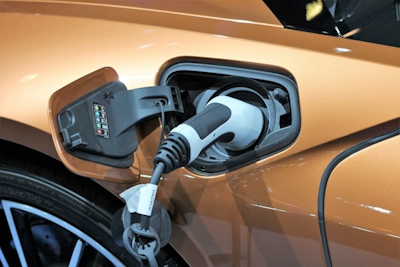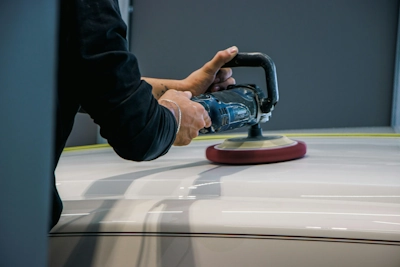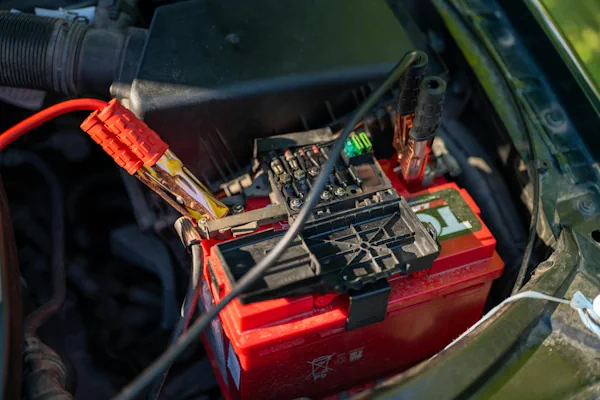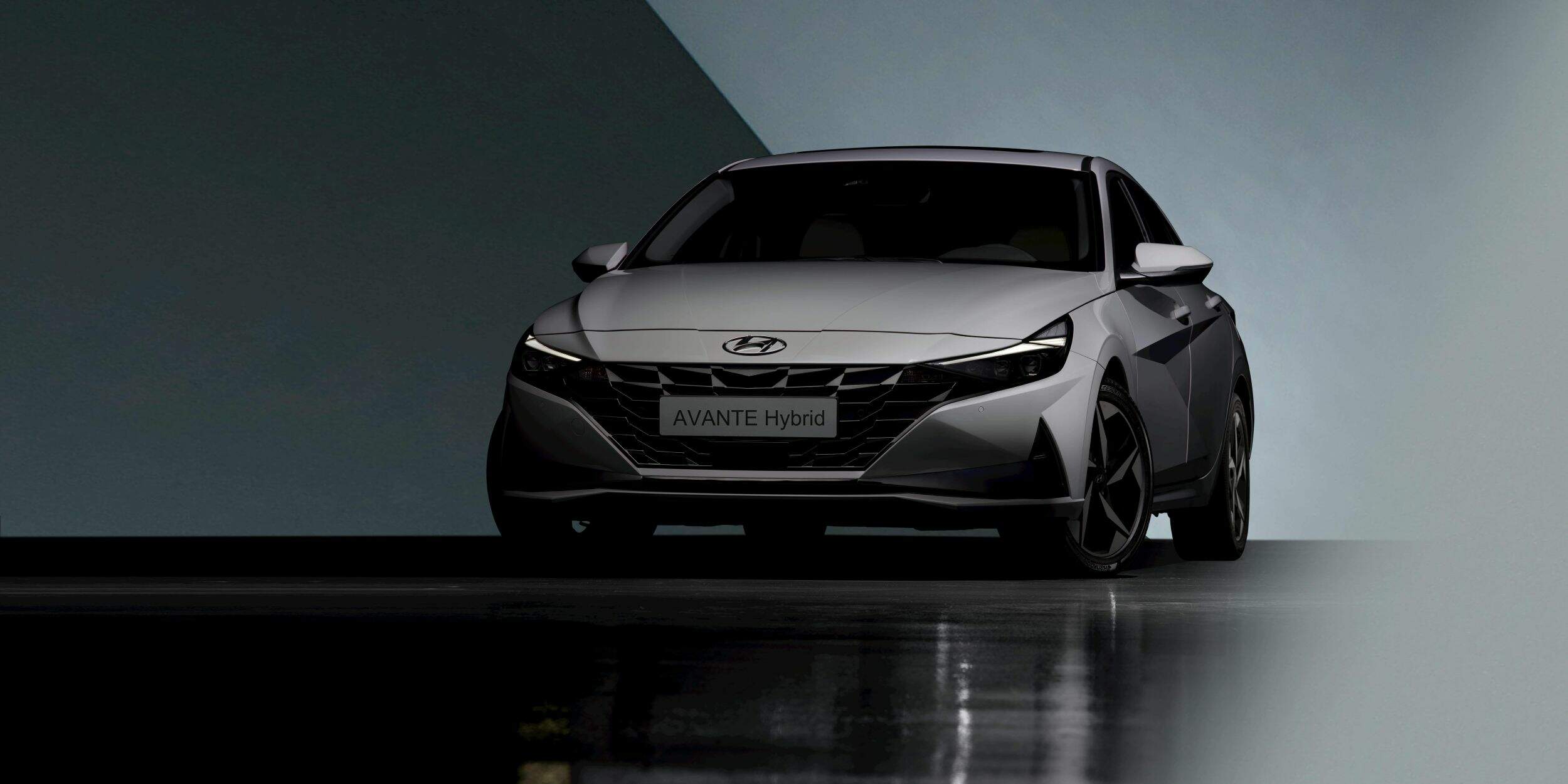Driving an electric car feels different from the moment you take off. There’s no engine rumble, just quiet, instant power, and a surprising smoothness on the road. But many drivers don’t realise that much of that refined driving experience comes down to the tyres.
As EVs become more common across Australia, the technology behind them continues to evolve. Tyres are no exception. From managing extra battery weight to supporting advanced braking systems, EV tyres are engineered with specific demands in mind.
What Makes Tyres for Electric Vehicles Different?
Electric vehicles have different requirements for their tyres. EVs are heavier, more powerful at low speeds, and much quieter than traditional vehicles, so they need tyres up to the task.
Reinforced Load Capacity
EVs carry far more weight than petrol cars because of their heavy battery packs. This extra weight means EV tyres need stronger construction, especially in the sidewalls, to support the load safely without overheating or deforming. Reinforced load capacity also helps with handling stability, something you will notice more in heavier vehicles.
Low Rolling Resistance
EV tyres are designed to roll with less effort, so your car uses less energy and can travel further between charges. It might seem like a small difference each trip, but over the life of the tyres those extra kilometres really add up.
Instant Torque Traction
Electric motors delivver power straight away, which puts serious stress on your tyres. EV-specific tyres are designed to grip the road properly during rapid acceleration without wearing out too quickly. The rubber compounds are softer but made to handle the extra force from both acceleration and braking.

Noise Reduction Technology
With no engine sound to mask the noise, the tyre hum becomes far more obvious. That is why EV tyres are built with features to reduce sound, such as foam inserts and specially shaped tread patterns. This helps keep the cabin quiet and comfortable, even on rougher roads.
Tread Patterns for Regenerative Braking
Regenerative braking slows the vehicle while recovering energy, but it also puts more strain on the front tyres. EV tyres often include tread patterns and compounds that can better manage this type of wear. This helps keep traction even and extends the life of your tyres.
How Tyres Affect EV Efficiency & Battery Range
If you have ever worried about how far your EV can go on one charge, you are not alone. The tyres you choose can make a big difference in how much range you have. EV-specific tyres spin with less effort, so the motor doesn’t work as hard to get you moving. This means you can squeeze a few more kilometres out of every charge, and those small gains add up over months of driving.
EV tyres use lighter casings and smart rubber mixes that stay cooler and reduce drag. The result is a smoother, more efficient trip, especially on long highway runs.
Pressure counts too. Under-inflated tyres wear faster and sap your range. Check them with a gauge every couple of weeks and top them up if they are low. Your EV will run better and your tyres will last longer.
EV Tyre Wear Patterns: What Drivers Should Know
Tyres on electric cars do not wear the same way as those on petrol or diesel models. The extra weight from the battery and the instant surge of power put a bigger load on the rubber, especially on the front wheels. Regenerative braking adds to that strain up front as well. Prolong the lifespan of your tyres by rotating them on schedule.
Where EV Tyre Technology Is Heading
As more drivers move to electric vehicles, tyre makers are investing in more sustainable designs. These include the use of recycled rubber, renewable materials, and cleaner production methods.
Smart tyres are hitting the market. Tiny sensors inside the rubber keep an eye on pressure, heat, and tread depth, then send that info straight to your car or phone. With that data at hand, you can spot problems early and swap tyres only when you really need to.
Some new EV tyres are built to last longer, even under heavy loads and frequent stops and starts. That means fewer tyres going to waste and better value for your money. Tyrepower is keeping an eye on these innovations to offer the best options to Australian EV drivers.
Find the Right EV Tyres at Tyrepower
Not all tyres are made for electric vehicles, but at Tyrepower, we know which ones are. Our stores across Australia carry a wide range of electric vehicle tyres from trusted brands. You can also use our EV Tyre Filter online to see what fits your electric vehicle based on make, size, and model. Need advice? Visit your local Tyrepower store or give us a call 13 21 91. We will help you find the tyres that match your EV, your driving needs, and your budget.

























